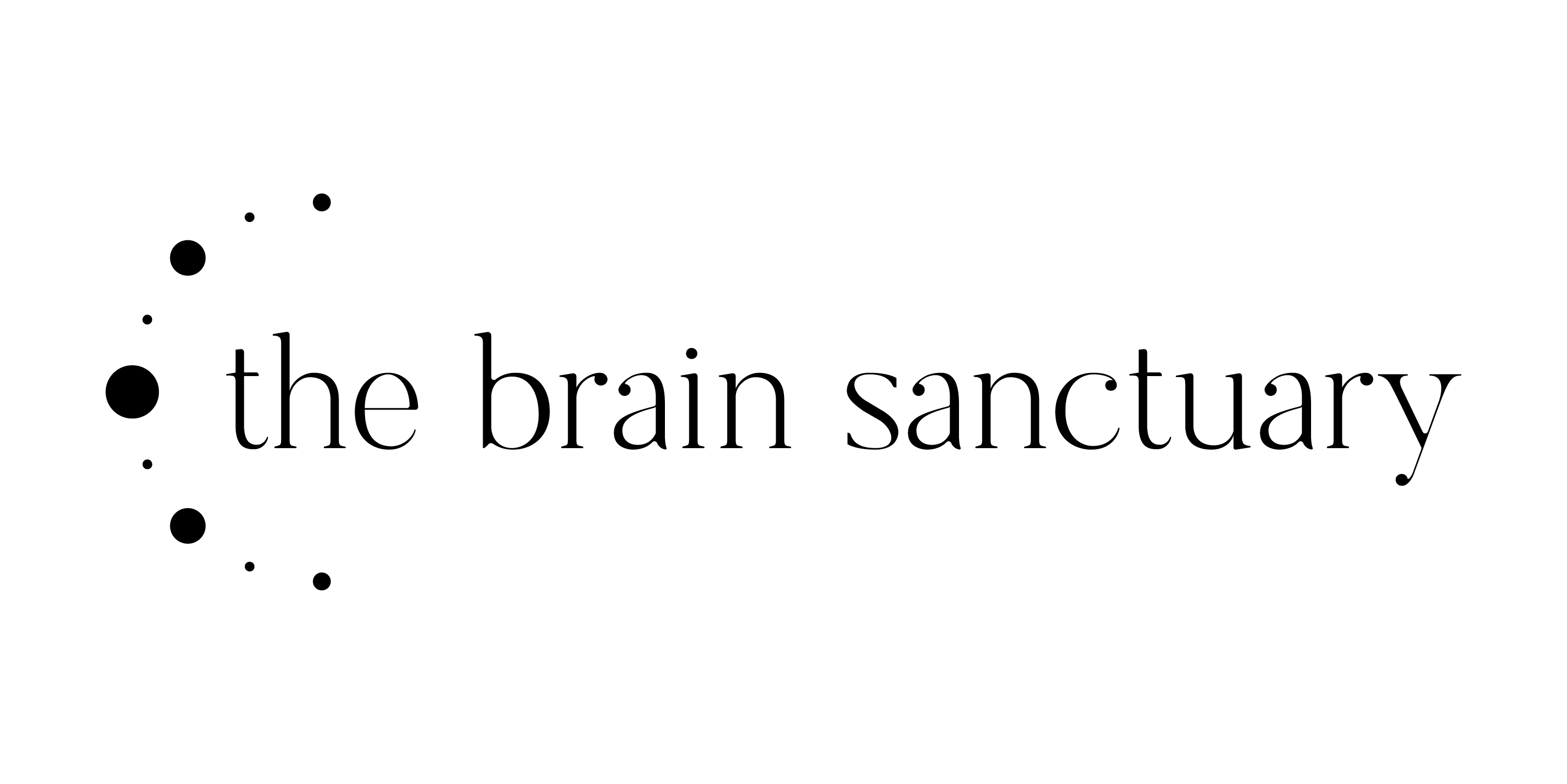Mental health issues such as depression, anxiety, and Obsessive-Compulsive Disorder (OCD) have long been treated with a combination of therapy and medication. However, in recent years, a new treatment has made waves in the realm of mental health: mindfulness. It's a practice rooted in ancient traditions, now backed by modern science as a powerful tool to ease psychological stresses and improve emotional wellbeing.
Understanding Mindfulness
At its core, mindfulness is the practice of being intensely aware of what you're sensing and feeling at every moment — without interpretation or judgment. It involves a kind of attentiveness to the present moment and a detachment from overwhelming or consuming emotional states that can arise from dwelling on the past or worrying about the future.
Mindfulness and Depression
Depression, characterised by persistent sadness and a lack of interest in life, can be debilitating. Mindfulness intervenes by breaking the cycle of negative thought patterns. It trains the brain to recognise when thoughts are spiraling into negative territory and offers the tools to pull back and reset.
Mindful meditation has shown promising results in reducing symptoms of depression, sometimes as effectively as antidepressant drug therapy. Through practices such as body scan or sitting meditation, individuals suffering from depression can experience a sense of calm, acceptance, and enhanced emotional control.
Easing Anxiety with Mindfulness
Anxiety often manifests through relentless worries and an inability to control these fears. Mindfulness teaches an individual to approach these worries with curiosity rather than fear. In this way, sufferers learn to identify anxiety triggers and view their worries with detachment and clarity, reducing their power.
Studies have evidenced that mindfulness meditation can reduce anxiety symptoms by changing how the brain responds to stress. This biological shift points to a lasting effect, reshaping thinking patterns to be inherently less anxious.
Mitigating OCD Symptoms
OCD is marked by recurrent, unwanted thoughts (obsessions) and repetitive behaviors (compulsions). Mindfulness can help individuals with OCD to disengage from the obsessive-compulsive cycle. By focusing on the present, it becomes easier to recognise compulsions as unnecessary and to let go of them. Mindfulness-Based Cognitive Therapy (MBCT) has demonstrated effectiveness in reducing the distress associated with obsessive thoughts.
Broader Benefits for Mental Health
The benefits of mindfulness extend beyond depression, anxiety, and OCD. Its practice can improve general stress management, enhance clarity of thought, and contribute to a better understanding of one's emotional responses. It can also promote patience, increase resilience, and facilitate more profound interpersonal relationships, contributing to overall mental health and quality of life.
Implementing Mindfulness into Everyday Life
While the concept of mindfulness is straightforward, its practice is a skill that requires patience and dedication. Mindfulness-based interventions, like MBCT or Mindfulness-Based Stress Reduction (MBSR), can be learned under the guidance of a qualified instructor. Daily practices including mindful breathing, guided imagery, and other meditative exercises can be incorporated into routines.
Additionally, mindfulness encourages lifestyle changes that support mental health, such as regular physical exercise, a healthy diet, and good sleep hygiene. When combined, these practice elements form a holistic approach to alleviating mental health symptoms and improving wellbeing.
The Future of Mindfulness in Mental Health Treatment
As mental health awareness grows, so does the interest in non-pharmacological treatments like mindfulness. It's seen by many as a more sustainable and empowering form of intervention, providing sufferers with self-help tools they can use and refine over a lifetime.
Mindfulness is no longer seen as just a trend; evidence supports its use as a substantial therapy for mental health issues. With cumulative scientific backing and growing acceptance among mental health professionals, mindfulness stands as the new frontier in our approach to mental health, heralding an era where the power of present-moment awareness can unlock profound healing and peace.
With the rising interest in mindfulness, clinicians, researchers, and mental health advocates eagerly watch its evolving impact on mental health treatment, bringing hope to those seeking an alternative or complementary approach to traditional methods. It's an exciting and transformative time in mental health care, marking a journey back to the mind's innate ability to heal and balance itself through the simple, yet profound art of awareness.
If you'd love more resources and information on mindfulness, please let us know and we can share them here.

